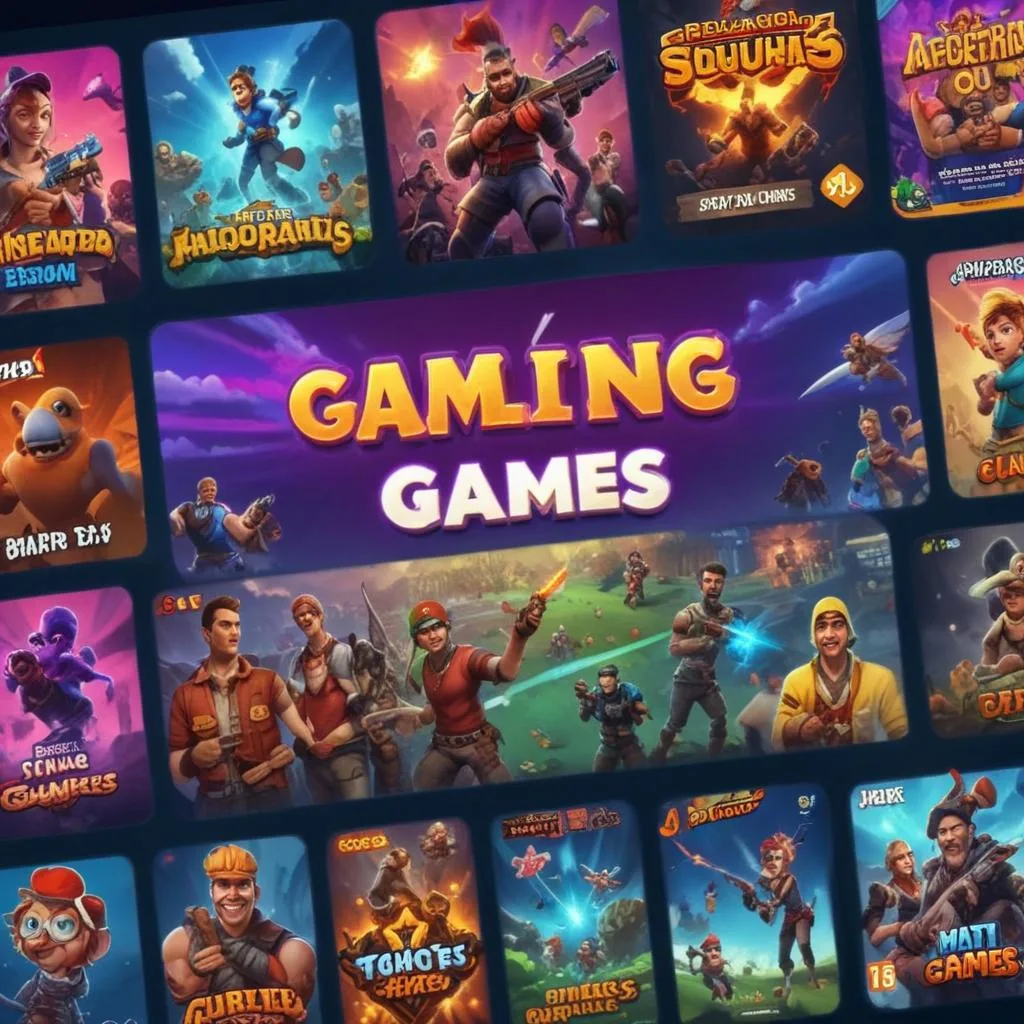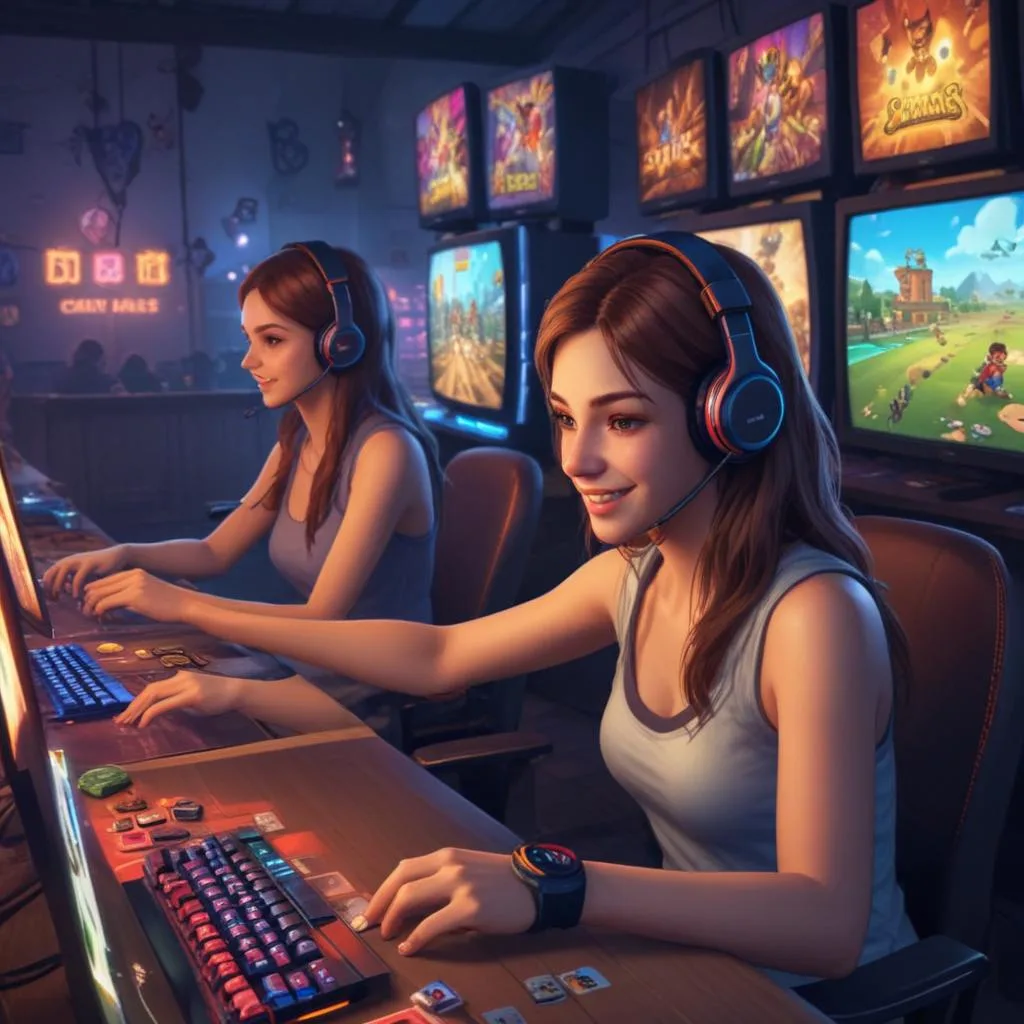Online Games and it's Positive Impact on Mental Health
Online games have become a vital part of modern entertainment, engaging millions of people worldwide. While concerns about the negative impacts of gaming are often highlighted, it’s obviously important to recognize the positive effects online games can have on mental health. The following explores several beneficial aspects.
Social Connectivity
One of the most significant benefits of online gaming is the opportunity for social interaction. Multiplayer games, in particular, create virtual spaces where players can collaborate, compete, and communicate with others. These interactions can lead to the formation of meaningful friendships and communities, providing a sense of belonging and reducing feelings of loneliness. For individuals who may find face-to-face socialization challenging, online gaming offers an accessible platform to connect with others who share similar interests.
Cognitive Benefits
Online games often require players to engage in complex problem-solving, strategic planning, and quick decision-making. These cognitive demands can enhance mental agility and improve various cognitive skills. Research has shown that gamers often exhibit better hand-eye coordination, improved memory, and enhanced spatial awareness. Puzzle games, strategy games, and role-playing games (RPGs) are particularly effective in stimulating these cognitive processes, which can contribute to overall mental sharpness.

Stress Relief and Relaxation
Playing online games can serve as a form of escapism, providing a temporary respite from real-world stressors. Engaging in a virtual environment allows players to immerse themselves in different scenarios and challenges, which can be a powerful way to reduce anxiety and promote relaxation. The sense of achievement and progress within a game can also boost self-esteem and provide a positive distraction from everyday worries.
Emotional Regulation
Online games can help players develop emotional regulation skills. Many games present scenarios that require players to manage their emotions effectively, such as dealing with in-game losses or setbacks. Through repeated exposure to these challenges, players can practice controlling their emotional responses, which can translate to better emotional regulation in real-life situations. Additionally, games that incorporate narrative elements can foster empathy by allowing players to experience different perspectives and emotional journeys.
Therapeutic Applications
The therapeutic potential of online games is being increasingly recognized in mental health treatment. Gamification, the application of game-design elements in non-game contexts, is being used in various therapeutic interventions. For instance, games designed to treat conditions like depression, anxiety, and PTSD can offer interactive and engaging ways to practice coping strategies and resilience. Virtual reality (VR) games, in particular, are being explored for their ability to create immersive therapeutic environments.
Community Support
Online gaming communities can provide valuable support networks for individuals facing mental health challenges. These communities often offer a platform for players to share their experiences, seek advice, and find comfort in knowing they are not alone. Supportive interactions within these communities can enhance a player’s sense of well-being and provide an important outlet for expressing emotions and concerns.

Conclusion
In conclusion, online games offer a range of positive factors that can significantly contribute to mental health. From providing social connectivity and cognitive benefits to offering stress relief and therapeutic applications, the advantages of online gaming are multifaceted. As with any form of entertainment, moderation is key, and it’s essential to balance gaming with other activities. When approached mindfully, online games can be a valuable tool for enhancing mental well-being and fostering a supportive and engaging environment.




